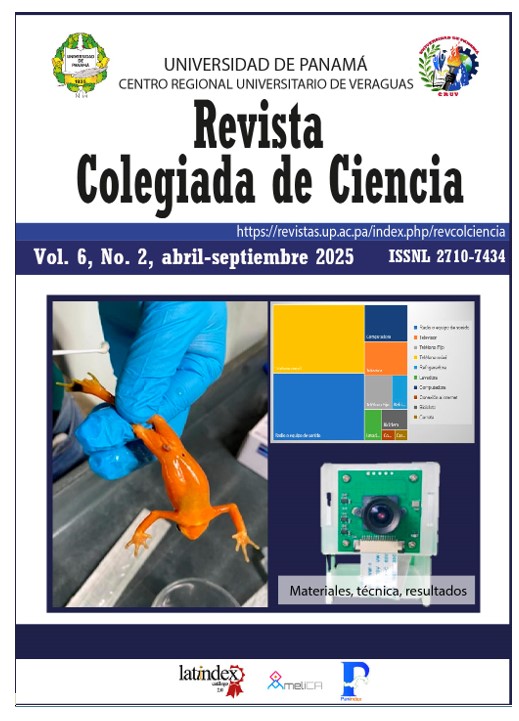

El bosque de manglar de la barriada Nuevo Colón, forma parte del sistema ecológico más resiliente de manglares, arrecifes de coral y playas bordeadas de cocoteros del tramo comprendido entre la provincia de Bocas del Toro (a 250 km al oeste) y la comarca Guna Yala (a 110 km al este). Está ubicado en el corregimiento de Sabanitas, distrito y provincia de Colón, Panamá, adyacente a la ciudad de Colón, en la zona costera de bahía Las Minas, entre Punta Toro (Fuerte Sherman) y María Chiquita. Sin embargo, su salud se ve amenazada por la contaminación del agua, arriesgando un ecosistema vital para la comunidad y el medio ambiente. Esta evaluación preliminar del nivel de conocimiento comunitario en Nuevo Colón fue realizada, luego de evidenciar con pruebas de laboratorio que existen componentes químicos con nutrientes en exceso y otros contaminantes, además de componentes bacteriológicos con un alto porcentaje de Coliformes Totales y E. Coli, que alteran la calidad del agua por impacto ambiental en el manglar de dicha comunidad. Se realizó una encuesta corta a una muestra representativa de la población total, con el objetivo de verificar el nivel de conocimiento de los procesos destructivos y acciones de conservación para el manglar a fin de medir la percepción de la población acerca precitada contaminación y la importancia que este ecosistema.